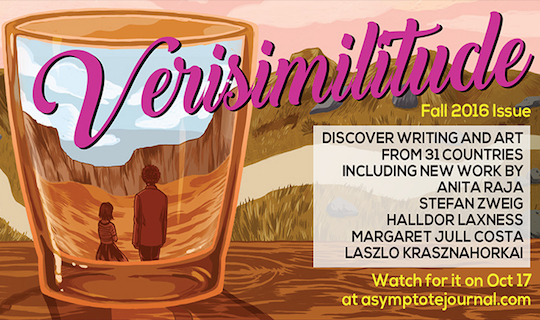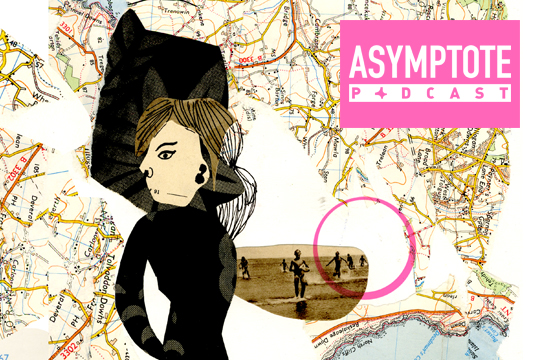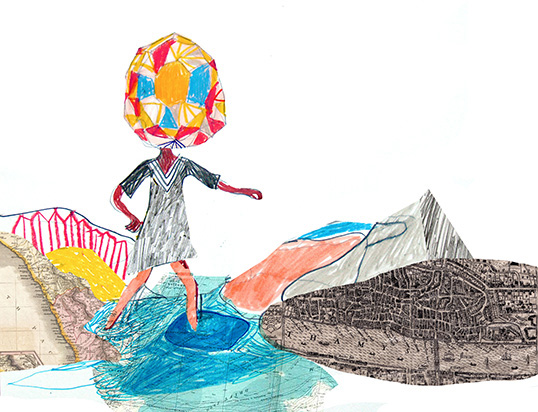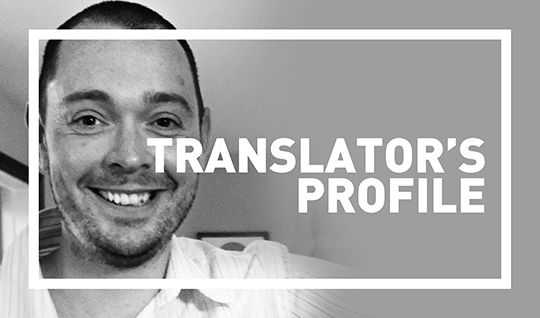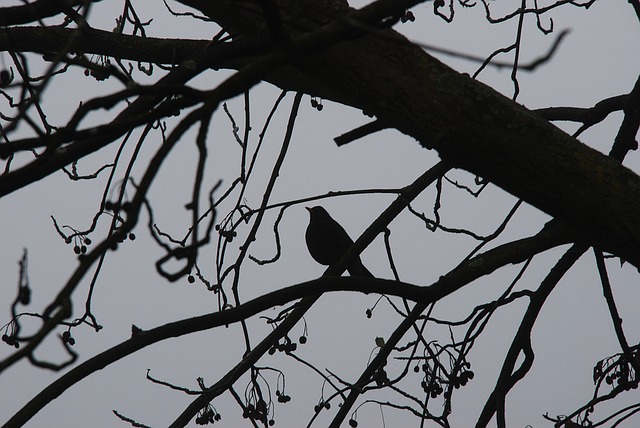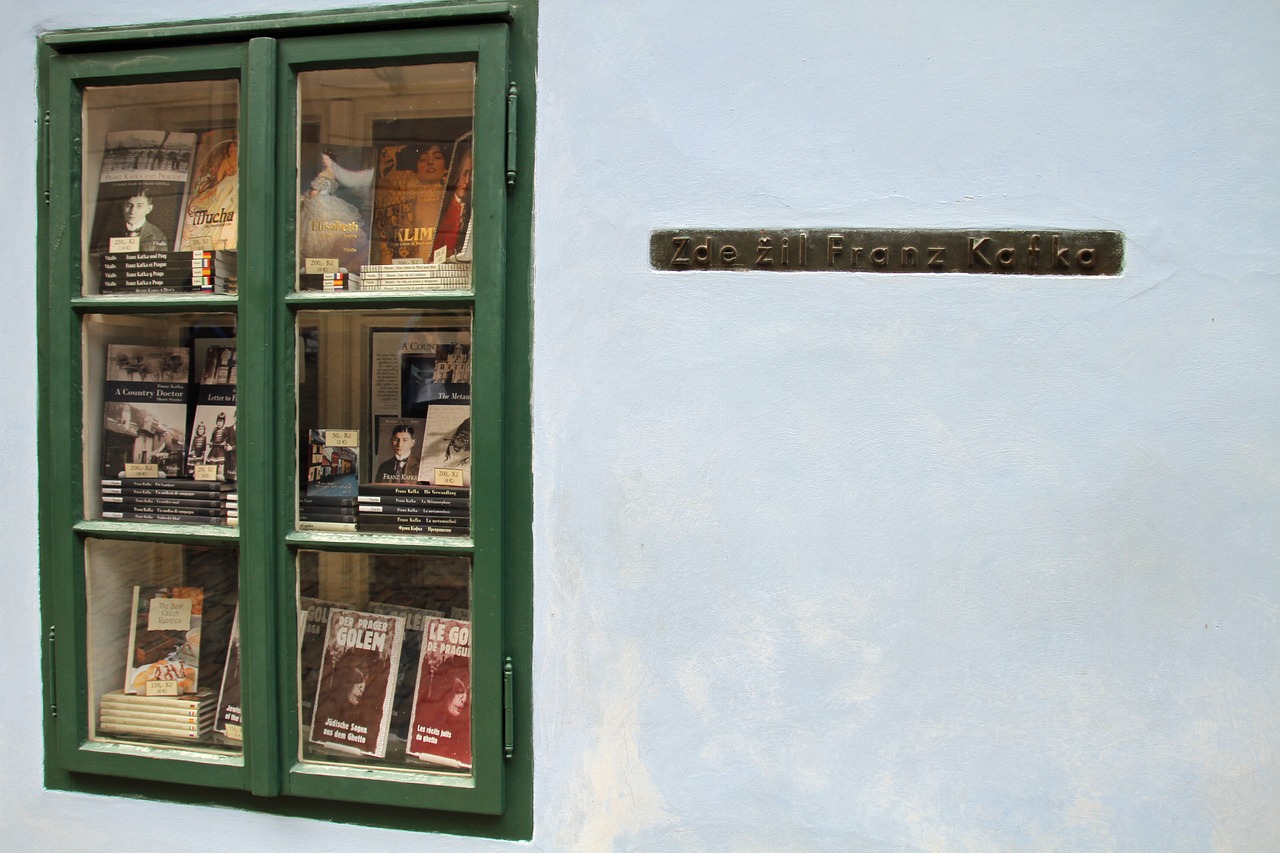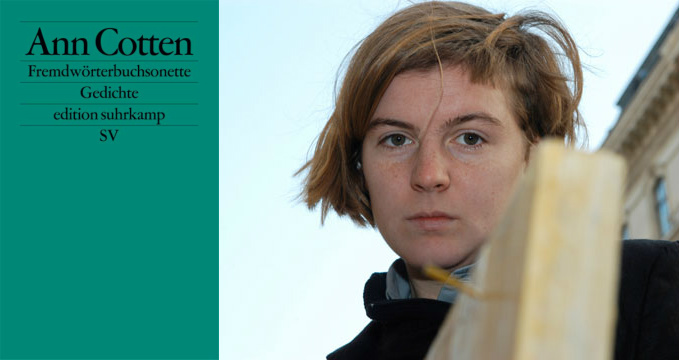This Monday, we launched our Fall 2016 issue featuring many exciting names. If you haven’t had the time to get into Verisimilitude just yet, we suggest a few great places to begin. Enjoy!
Blog Editor Nina Sparling says Stefan Zweig’s To Friends in a Foreign Land, translated by David Kretz, transports her to another time:
Perhaps more than previous issues, the contents of the October 2016 issue of Asymptote, ‘Verisimilitude,’ center on the matter of language itself. This comes as no surprise to me. Nevertheless it is a great pleasure to read so many voices grappling with questions about language, place, and politics—all topics I hold dear. The humor and familiarity of miscomprehension in the opening lines of Maïssa Bey’s Cafés Morts are of particular warmth.
But I keep returning to Stefan Zweig’s To Friends in a Foreign Land. The texture of the language transports me to another time with its tangled words and high political drama. I can imagine it printed on flimsy yellowed pages, typeset on an analog machine. And I find Zweig’s rendering of how, in times of foundational conflict, the national community overwhelms the intellectual or amicable communities to be tender and tragic. In lament of paused friendships, he writes, “Through this trust our hours became beautiful and the notion of homeland was detached from the borders of empires: our fraternity was strong across languages and pure beyond all reproach. That is over now, dear ones…My love and my hatred belong to me no longer.”
I read this letter and wonder about its publication. I think about Benedict Anderson’s Imagined Communities and his arguments about how the nation is a mere constructed entity, created of fictions and mythologies woven together at a complex loom. I contemplate the meaning of the word nation with much greater reservation and doubt than Zweig does (or more like Vazha Pshavela does in Cosmopolitanism and Patriotism)—but his letter sticks with me.
Blog Editor Madeline Jones was utterly charmed by Lídia Jorge’s The Bird Hypothesis, translated by Sinead Crehan, Christine Fernandes, Margaret Jull Costa, and Hazel Robins:
While it’s impossible for me to choose one favorite piece from the fall issue, I want to highlight Lidia Jorge’s The Bird Hypothesis not least because it’s an incredibly compact and affecting work. The 1997 short story was translated from the Portuguese for Asymptote by a group of four talented women working together—a collaboration that began at City University of London’s Translate in the City 2016 summer course. Acclaimed translator of José Saramago, Javier Marías, and others, Margaret Jull Costa initiated the project with three of the course attendees, all at various stages of their translation educations and careers. This type of collaboration and mentorship is invaluable to young translators trying to get published while not having any publications on their CVs, and to the growing (though still small) market for international literature.

